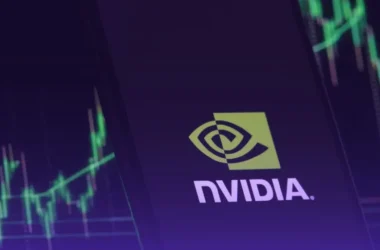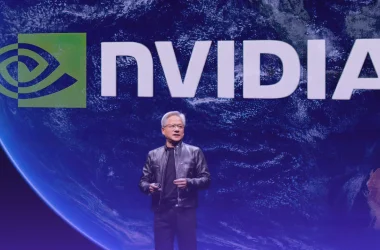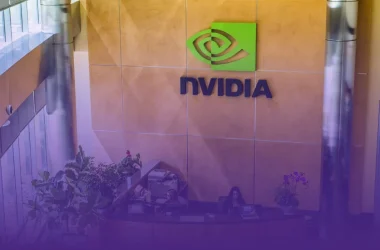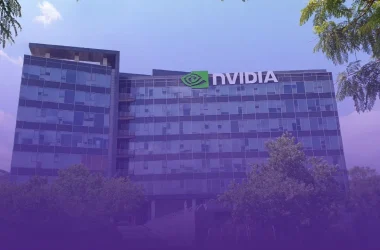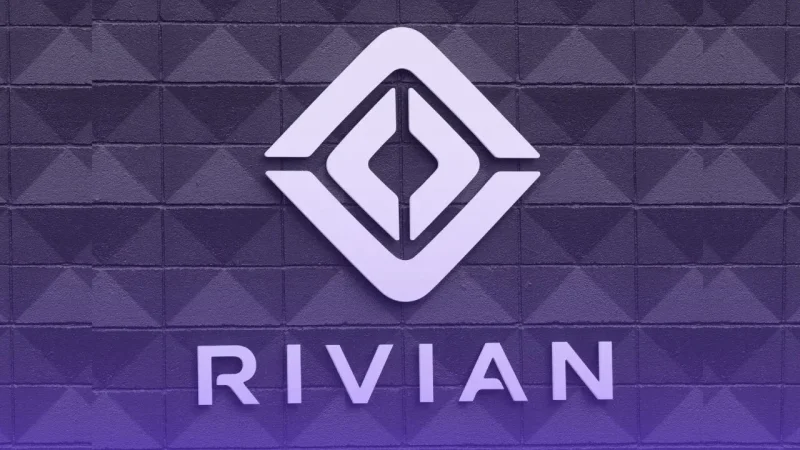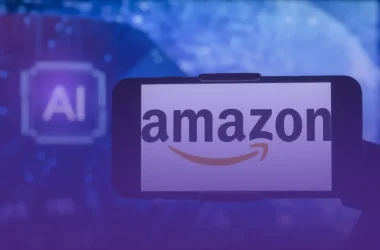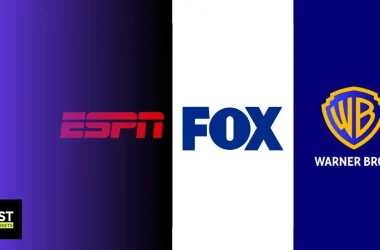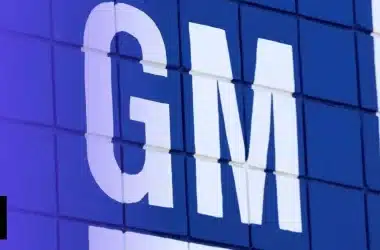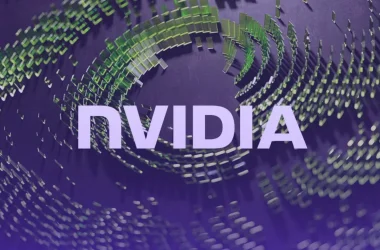When he was asked about the rumors of a potential partnership with Apple (NASDAQ: AAPL), Rivian (NASDAQ: RIVN) CEO, RJ Scaringe, reminded listeners during Rivian’s Q1 earnings call that the company has a “history of partnerships” and referred to the Rivian-built delivery vans for Amazon (NASDAQ: AMZN), which has been one of Rivian’s most prominent backers, and now holds a major stake in RIVN stock, 20% to be exact.
However, Apple wouldn’t want delivery vans, so it could possibly be implementing Apple’s CarPlay in Rivian’s new vehicle, the R2. On the other hand, this partnership could be Apple’s strategy to enter the EV industry again after it abandoned its EV project.
Rivian-Apple Partnership
In February, Apple announced that it’ll be shutting down plans to build its own autonomous electric vehicle, ending a years-long, $10 billion project. Many attributed this to the iPhone maker being unable to crack autonomous driving despite extensive on-road testing, which forced it to steadily downgrade its ambitions before axing it entirely.
However, we know for sure that Apple’s EV ambitions didn’t end in February, as it was reported that Apple might be axing its EV project now, but could consider acquiring an EV company in the future. On the other hand, Scaringe says Rivian’s investment in building and owning all of its vehicle technology, rather than relying on third-party providers, gives the company a lot of customer-facing strength and creates opportunities for partnerships.
This means that there could potentially be a partnership between the two companies, and it can be over anything from Apple CarPlay in Rivian’s vehicles, to Apple using Rivian’s autonomous driving software to continue the infamous project Titan that it was initially going for. There are many rumors now. However, If true, the collaboration with Apple would undoubtedly give the EV startup a much-needed jolt of capital and prestige.
Rivian R2 Exciting Plans
Considering that Rivian is currently dealing with a planned plant shutdown, stalling production and delivery estimates for the year, and slowing demand, it’s possible that there’s not much good news to be found surrounding the company. However, that’s totally wrong, as there’s a lot of great news for RIVN stock investors that came out recently.
First of all, the state of Illinois is providing the EV maker with an incentive package worth $827 million. The package breaks down to $75 million from its deal-closing fund, $634 million in tax incentives over 30 years, and the state will also fund a second manufacturing training academy in Normal, Illinois, where the company’s factory is located.
According to the CEO, this incentive package will allow the company to quickly bring the new Rivian R2 to market and provide even greater consumer choice for EVs. What Scaringe alluded to is the key takeaway, as the company has opted to bring production of its Rivian R2 crossover into its Illinois factory to fill excess capacity, rather than wait until its Georgia plant is up and running.
The move was a no-brainer as it uses up excess capacity at a time its production and deliveries are expected to stall in 2024, and it saves the company roughly $2.25 billion while accelerating the production and launch schedule of the R2. The company intends to manufacture 155,000 units of its R2 SUV at the Illinois plant annually, and this number could give you an idea of the order numbers for the R2 at the moment.
According to the company, the Rivian R2 is expected to start at around $45,000, with production set to start in the first half of 2026, and perhaps we could see it starting before that with the new expansion in the Normal facility. This new vehicle will be under the new midsize platform, called MSP, which is the basis for the Rivian R2, Rivian R3, and Rivian R3X, which Rivian underscored “are expected to deliver amazing performance, utility, and range at a significantly lower price point than the flagship R1.”
Another piece of good news for investors is that Rivian recently hired Javier Varela as its chief operations officer to help launch the Rivian R2. Varela is the former COO and deputy chief executive officer of Volvo, and played a key role in Volvo’s opening of a U.S. factory in 2018. Additionally, Varela was previously picked by Volvo CEO Jim Rowan in 2022 as one of two deputy CEOs to help lead Volvo’s transition to becoming a fully electric vehicle brand by 2030, so this is an excellent hire by Rivian.
Analysts on Rivian’s Growth
When looking at the company’s Q1 earnings, we can see that Rivian managed to beat expectations on the top-line with revenue increasing by 81.5% year-over-year to $1.2 billion. The company remains positive it can reach its target for a modest gross profit in Q4, and reiterated its production guide for the year of 57,000 vehicles.
Additionally, the CapEx guide was reduced by $500 million to $1.2 billion due to the company deciding to go ahead with the Rivian R2’s production at its Illinois plant. With that being said, RBC analyst Tom Narayan believes that Rivian’s fate rests on a successful ramp of the Rivian R2 and Rivian R3, although the analyst remains concerned about the competition, especially from Tesla (NASDAQ: TSLA).
He also added that ultimately, Rivian is a show-me story and if it can indeed get to a positive gross profit for Q4 in 2024, then we could see re-energized investor interest in the name. Narayan remains on the sidelines with a “neutral” rating and $11 price target, suggesting that RIVN stock has room for a 10% growth from current levels.
On the other hand, Stifel analyst Stephen Gengaro has a generally more upbeat take, maintaining a “buy” rating on RIVN stock along with an $18 price target, and this price target will make investors score a 80% gain if Gengaro is right.
On top of that, Bank of America Securities analyst John Murphy reiterated his buy rating on RIVN stock with a $21 price target, noting that the company is still in the right place and time with the right product and strategy, and highlighting that Rivian has an interesting and attractive product and relatively competitive technology.
Moreover, Needham analyst Chris Pierce had a Buy rating and $13 price target, highlighting that the electric vehicle company can still be a long-term winner.
The Bottom Line
Analyst opinions on Rivian vary from cautious to optimistic about the company’s growth prospects. However, many see the successful launch of the Rivian R2 and Rivian R3 models as pivotal to Rivian’s future success. While competition in the EV market intensifies, Rivian’s unique styling and technology have garnered interest but execution risks remain.
Overall, Rivian finds itself at a critical juncture. Its potential partnerships, manufacturing ramp-up, new product launches, and shift to higher-volume affordable models will determine if the company can transition from a promising startup to an auto industry leader. Rivian has laid important groundwork, but still faces challenges to deliver growth and profitability in the long run.
Disclaimer
Please visit and read our disclaimer here.

